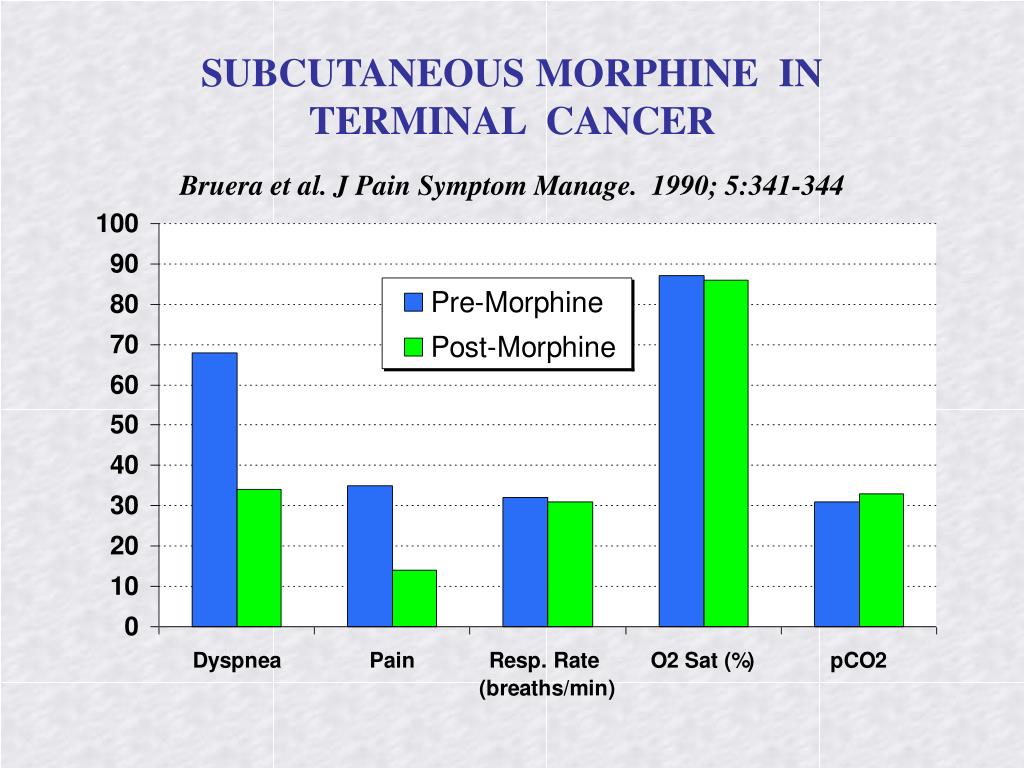

The use of opioids and sedatives at the end of life. Opioid use and survival at the end of life: a survey of a hospice population. Double effect is a myth leading a double life. Effects of high dose opioids and sedatives on survival in terminally ill cancer patients. Chicago, IL: American Medical Association, Chicago 1999. The Education for Physicians on End-of-Life Care (EPEC) curriculum. the risk of respiratory depression is vastly over-estimated.the risk of a potentially dangerous adverse secondary effects particularly hastening death is minimal, and.If the intent for using morphine in the scenario is to relieve pain and not to cause death, and accepted dosing guidelines are followed:.Assisted suicide and euthanasia are not examples of “double effect.” The intention in offering the treatment in assisted suicide and euthanasia is to end the patient’s life.Some examples are total parenteral nutrition, chemotherapy, surgery, amiodarone, etc. All medical treatments have both intended effects and the risk of unintended, potentially adverse, secondary consequences, including death.If the intent is not desirable or will harm the patient and the potential outcome bad, the treatment is considered unethical.if the intent in offering a treatment is desirable or helpful to the patient and the potential outcome good (such as relief of pain), but a potentially adverse secondary effect is undesired and the potential outcome bad (such as death), then the treatment is considered ethical.When offering a therapy, it is the intent in offering a treatment that dictates whether it is ethical medical practice:.Although this principle of “double effect” is commonly cited with morphine, in fact, it does not apply, as the secondary adverse consequences are unlikely. An example might be the separation of conjoined twins knowing that one twin will die so that the other will live. The principle of double effect refers to the ethical construct where a physician uses a treatment, or gives medication, for an ethical intended effect where the potential outcome is good (eg, relief of a symptom), knowing that there will certainly be an undesired secondary effect (such as death). Many physicians inappropriately call this risk of a potentially adverse event, a double effect, when it is in fact a secondary, unintended consequence.Furthermore, morphine-related toxicity will be evident in sequential development of drowsiness, confusion, then loss of consciousness before respiratory drive is significantly compromised. In fact, a large study of opioid use at the end of life from the US National Hospice Outcomes Project, as well as a systematic review of various other countries, found no difference in survival with absolute opioid dose or change in opioid dose. Many physicians inaccurately believe that morphine has an unusually or unacceptably high risk of an adverse event that may cause death, particularly when the patient is frail or close to the end of his or her life.He has severe abdominal pain, and opioid therapy with morphine is recommended for pain relief. He has pancreatic cancer with metastases to liver and lung. In end of life care, double effect is a myth leading a double life.Question: What is the distinction between the use of morphine at the end of life to control symptoms and euthanasia/assisted suicide?Ĭase Scenario: An 83 year old former industrial worker has been hospitalized because of severe pain. Using double effect as a justification for patient assisted suicide and euthanasia is not tenable in evidence-based medicine, he says.

Palliative care specialists are not faced with the dilemma of controlling severe pain at the risk of killing the patient - they manage pain with drugs and doses adjusted to each individual patient, while at the same time helping fear, depression and spiritual distress, he adds.Īnd he warns that doctors who act precipitously with high, often intravenous, doses of opioids are being misled into bad practice by the continuing promotion of double effect as a real and essential phenomenon in end of life care. The Dutch know this and hardly ever use morphine for euthanasia, he writes. Its sedative effects wear off quickly (making it useless if you want to stay unconscious), toxic doses can cause distressing agitation (which is why such doses are never used in palliative care), and it has a wide therapeutic range (making death unlikely). The principle of double effect allows a doctor to administer treatment that hastens death, providing the intention is to relieve pain rather than to kill.Įvidence over the past 20 years has repeatedly shown that, used correctly, morphine is well tolerated and does not shorten life or hasten death, he explains. Mrs Taylor's request to use morphine to make her unconscious under the principle of double effect is a puzzling choice, writes Claud Regnard, a consultant in palliative care medicine.


 0 kommentar(er)
0 kommentar(er)
